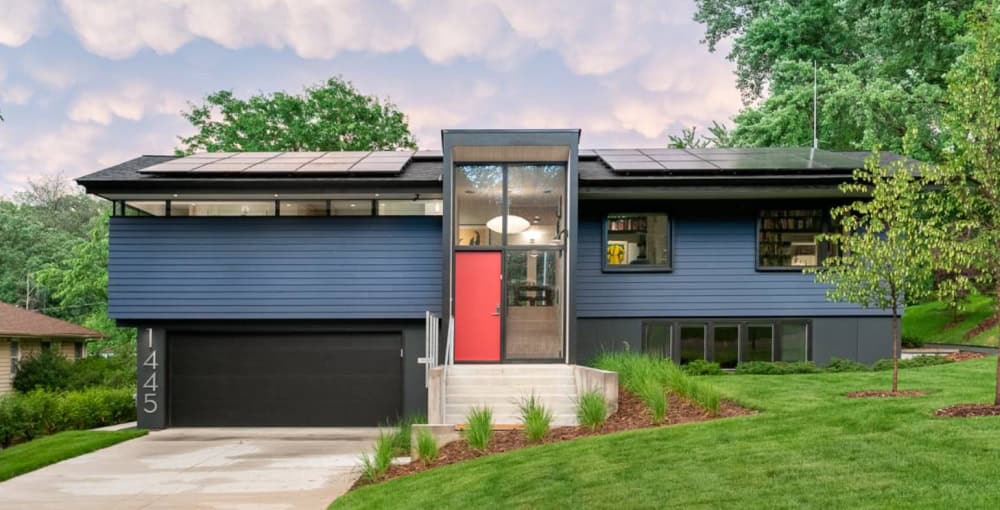Addressing Boundary and Land Ownership Disputes
Drop a Line if you have a Question!
Land Ownership Disputes
Are you dealing with a boundary or land ownership dispute? This article is here to help.
We will provide you with the basics of understanding land boundaries, discuss common causes of disputes, and go over the legal considerations involved in land ownership conflicts.
We will also explore methods for resolving disputes, such as mediation or arbitration, and offer best practices for preventing these issues in the first place.
So, let’s dive in and find a resolution together.

Understanding the Basics of Land Boundaries
Understanding the basics of land boundaries can help resolve ownership disputes.
When it comes to land ownership, knowing where your property begins and ends is crucial. By understanding the concepts of boundary lines, markers, and legal descriptions, you can avoid conflicts with your neighbors and ensure the proper use and enjoyment of your land.
Remember, land boundaries are not arbitrary; they are established based on surveys and legal documents. By familiarizing yourself with the process of surveying and the different types of boundary markers, such as stakes or monuments, you can confidently assert your rights as a landowner.
Additionally, understanding how legal descriptions, such as metes and bounds or lot and block systems, are used can provide clarity and prevent disputes.
Common Causes of Boundary Disputes
You probably know that one of the most common causes of boundary disputes is unclear property lines. When property lines are not clearly defined, it can lead to disagreements and conflicts between neighbors.
Unclear property lines can arise due to various reasons, such as outdated surveys, missing or inaccurate markers, and poor record-keeping. This can create confusion and uncertainty about the exact boundaries of a property, which often results in disputes over land ownership and usage rights.
In some cases, neighboring property owners may have different interpretations of where the boundaries lie, leading to disagreements and potential legal battles. To avoid such disputes, it is essential to have accurate surveys conducted, maintain clear markers, and ensure proper record-keeping to establish and maintain clear property lines.
Legal Considerations in Land Ownership Disputes
To effectively navigate legal considerations in land ownership disputes, it’s crucial to hire an experienced attorney.
When it comes to land disputes, the legal landscape can be complex and confusing. An experienced attorney can help you understand your rights and responsibilities, as well as guide you through the legal process.
They will review the relevant documents, such as title deeds and survey reports, to determine the validity of your claim. They will also gather evidence, interview witnesses, and build a strong case to support your position.
Additionally, an attorney will handle all the necessary paperwork, including filing and responding to legal documents, and represent you in court if the dispute escalates.
With their expertise and knowledge, an experienced attorney can provide you with the best chance of a favorable outcome in your land ownership dispute.
Resolving Boundary Disputes Through Mediation or Arbitration
Resolving boundary disputes can be achieved through mediation or arbitration, which provide alternative methods to settle conflicts outside of court.
Mediation is a process where a neutral third party helps you and the other party in the dispute reach a mutually agreeable solution. The mediator facilitates communication and negotiation between you both, guiding the conversation towards a resolution. This method allows you to have direct involvement in the decision-making process and can help maintain a positive relationship with the other party.
On the other hand, arbitration involves a third party who acts as a judge and makes a binding decision on the dispute. This method is more formal than mediation but still provides a quicker and less expensive alternative to going to court.
Ultimately, both mediation and arbitration offer effective ways to resolve boundary disputes and find a fair solution for all parties involved.
Preventing Land Ownership Disputes: Best Practices
Implementing best practices can help prevent disputes over land ownership. By conducting thorough research and due diligence before purchasing a property, you can ensure that there are no existing disputes or conflicting claims.
It is important to obtain a proper title search and survey to confirm the boundaries and identify any potential issues. Additionally, clearly documenting all agreements and transactions related to the property can help avoid misunderstandings and disagreements in the future.
Regularly maintaining and inspecting the property can also help prevent conflicts, as it allows you to identify and address any encroachments or boundary disputes before they escalate.
Lastly, open and effective communication with neighbors and other stakeholders can help resolve any potential conflicts amicably.
Conclusion
In conclusion, understanding the basics of land boundaries and being aware of common causes of disputes can help prevent land ownership conflicts.
If a dispute does arise, it’s important to consider the legal aspects and explore methods of resolution like mediation or arbitration.
Following best practices and maintaining open lines of communication with neighbors can help ensure a peaceful and harmonious coexistence regarding land ownership

Have a question?
Become a
























